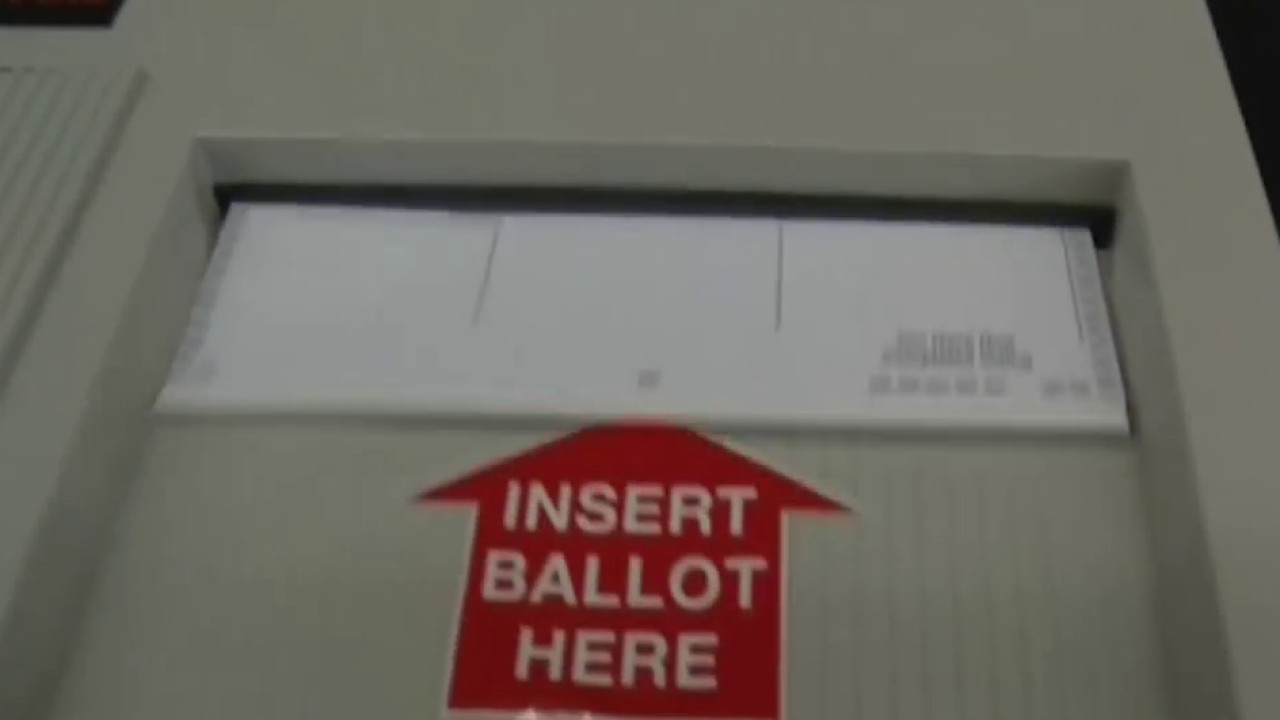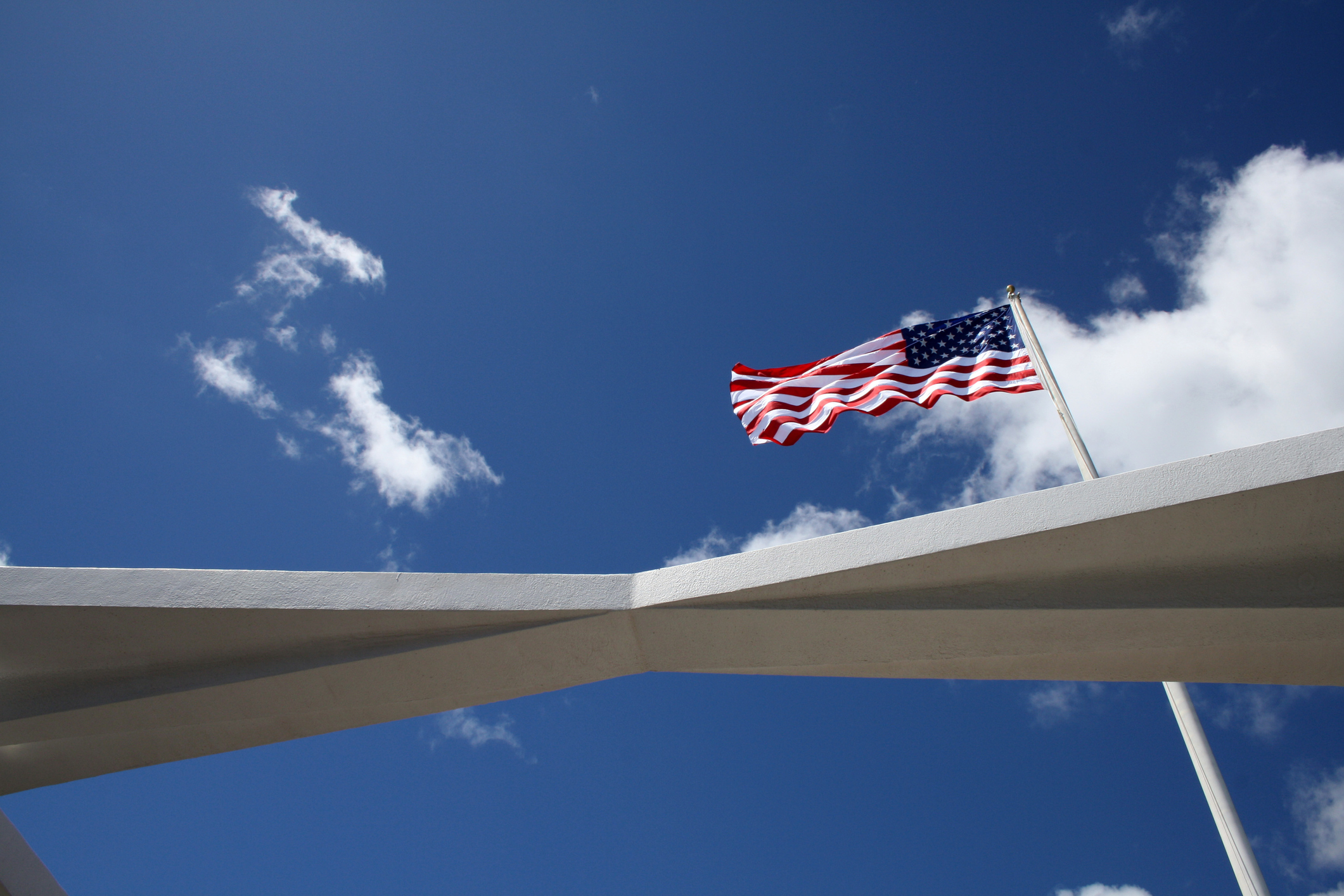Normal 0 false false false EN-US X-NONE X-NONE MicrosoftInternetExplorer4 /* Style Definitions */ table.MsoNormalTable {mso-style-name:"Table Normal"; mso-tstyle-rowband-size:0; mso-tstyle-colband-size:0; mso-style-noshow:yes; mso-style-priority:99; mso-style-parent:""; mso-padding-alt:0in 5.4pt 0in 5.4pt; mso-para-margin:0in; mso-para-margin-bottom:.0001pt; mso-pagination:widow-orphan; font-size:10.0pt; font-family:"Times New Roman","serif";} In the southwest suburbs of Chicago, Sanad Elfirjani and his mother stared at a television in seeming disbelief. The monster who had meant so much misery to their family, who must have seemed un-killable at times, was finally dead.
“It is the happiest day that could go on for any Libyan,” Elfirjani said. “This is the minute we’ve been waiting for, for so many years!”
The family had known years of grief. Elfirjani’s father, a weapons officer in the Libyan army, disappeared for ten years after leaving home to fight with the Libyan forces in nearby Chad. They would eventually be reunited in the Chicago suburbs, after the boy, his sister and mother, were able to escape themselves in 2003.
“There is no family in Libya, no tribe, no house, that didn’t suffer,” he said. “I only knew one devil, and he’s dead.”
Ironically, the family is now separated again, by the Libyan revolution. But this time, on their terms. Ibrahim Elfirjani left home again last February, but this time he left his family to fight alongside the Libyan rebels.
“When the revolution started, that was his dream come true,” his son said.
As the images of Khadaffy’s lifeless body repeated over and over on Al Jazeera on a big screen in the family’s suburban living room, Fathiya El Hareery, Sanad’s mother, found it hard to contain her tears.
Local
“This is the happiest day of my life,” she said. “We got rid of the man who destroyed life in Libya.”
Serage Rahima agrees. Born in Chicago, his extended family is all back in Libya. His father was jailed there in 1998 when he dared to fly back to his homeland to visit relatives. And Rahima says the stories of oppression were a shared experience.
“People have told us they have no idea what happened to many members of their families and mass graves were uncovered,” he said. “He would stop at nothing to keep his rule, and his regime intact.”



